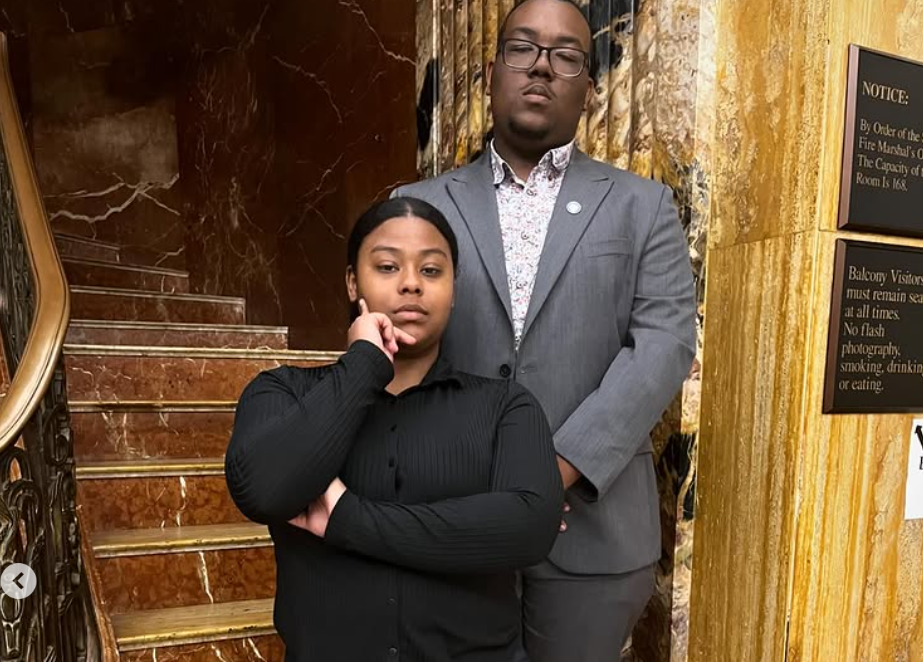The passage of U.S. health-care reform should mean the year-long fight is officially over, but the lawsuit Louisiana and other states are waging about the constitutionality of the law means we now are entering another phase. And the debate over why we should or shouldn’t have universal health care is nowhere near coming to a close.
The Patient Protection and Affordable Care Act, signed into law by President Obama on March 23, signifies a win for tens of millions of uninsured Americans.
Before and after the vote, people rallied against the bill, displaying disturbing and ridiculous behavior – behavior I’m not shocked to hear and see, but rather surprised about how candid the protesters were.
Immediately after passage, protesters, specifically members of the Tea Party, shouted racial slurs and other disrespectful insults to black congressmen. One of them was actually spat on by a protester. Other Democrats received death threats and experienced vandalism to their properties. Critics want to “take out” those responsible. What happened to “majority rule” and respectful disagreement?
Although many of us are not exactly sure how the bill will affect us individually, one would think that reform that will provide affordable health-care for all Americans and, thus, save millions of lives would bring a positive response. However, just the opposite has occurred.
This bill is monumental, for President Obama promised to “make available a new national health plan to all Americans, including the self-employed and small businesses, to buy affordable health coverage that is similar to the plan available to members of Congress.”
Democrat Harry Truman realized the need for such a plan and was the first U.S. president to advocate health-care coverage for all Americans during his term 1945 to 1953, but President Obama is the first to bring the idea to fruition – 35 years later.
The bill focuses on provisions to expand overall coverage, control health-care costs and improve the U.S. health-care system.
Proponents say the plan has significant benefits:
- Millions of Americans who never had health-care will be able to receive immediate access to insurance.
- Health-care insurance companies no longer will be able to reject someone for a pre-existing condition or charge them extensive and overpriced rates.
- Medicare spending will become more efficient.
- Parents will be able to keep adult dependent children on their policy through age 26.
- Insurance companies no longer can withdraw policies after people become sick, even if they lose their jobs, or cap coverage.
In the long run, Democrats say the new law will reduce medical costs significantly. And the federal budget deficit is expected to decrease.
On the other hand, critics say the disadvantages are:
- The bill is estimated to cost $940 billion.
- It might increase the cost of health insurance and result in a tax increase.
- Individuals without coverage will be required to pay a tax penalty.
Despite all the negativity, all the politics, all the tactics used to prevent us from seeing the greater good, despite the fact that not a single Republican was willing to vote for the bill, the United States has a moral obligation and duty to give Americans a sense of security and the right to quality health care. We are the only advanced nation that did not guarantee or provide health-care coverage for its citizens.
This reform is strictly about the betterment of people’s lives. Without it, nearly 46 million Americans who lacked insurance would continue to experience inadequate health care.
Individually, we have enough issues to worry about and problems to deal with; adequate health-care should not be one of them. To President Obama, we issue a heart-felt “thank you.” And congratulations, Mr. President, for what we hope will be the first of many successes as you strive to make America truly “for the people.”

































